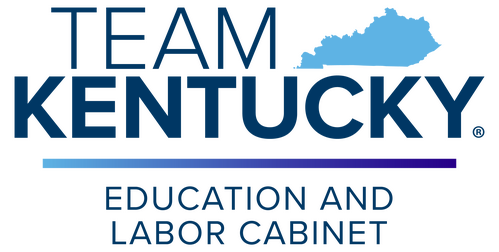Storm Recovery Employment
What is Storm Recovery Employment?
Storm Recovery Dislocated Worker Grants (DWGs)
provide funding for the creation of Storm Relief
Employment, which is temporary employment of
eligible individuals to help communities recover
from a natural disaster.
Who are eligible participants to work?
- Individuals who are temporarily or permanently laid off as a consequence of the disaster;
- Other eligible dislocated workers;
- Long-term unemployed workers; and
- Self-employed individuals who become unemployed or significantly underemployed as a result of the disaster.
- Eligibility does not relate to an individual’s personal loss in the storms.
What are eligible worksites?
Storm Recovery worksites must be governmental and
non-profit agencies located in the geographic
declared disaster area of Ballard, Caldwell, Calloway,
Carlisle, Christian, Crittenden, Fulton, Graves,
Hickman, Hopkins, Livingston, Lyon, Marshall,
McCracken, Muhlenberg, Todd, and Trigg counties in
Kentucky who were affected by severe storms,
tornadoes, and high winds beginning May 2024 -
April 2025.
What types of Storm Recovery Employment are available?
Eligible individuals interested in employment may be placed in positions that provide essential relief and restoration services involving tasks such as debris and tree removal, shelter assistance, infrastructure repair (e.g., water, sewer, internet, electricity), and support for educational services in areas affected by FEMA-declared natural disasters.
◦ Temporary Storm Recovery Employment (up to 12 months /2,080 hours)
◦ Work-Based Learning Experiences (up to 500 hours), such as internships and apprenticeships
◦ On-the-Job Training funds can be provided when
individuals eligible for this grant are hired to
support employer-based skill development.
What type of training services are available?
Individuals eligible to receive Storm Recovery services may choose to pursue training or employment. Training would include classroom-based vocational or occupational courses within construction, professional/scientific and technical services, as well as agriculture and energy sectors.
◦ Short-Term Training (up to one year), including classroom-based, vocational or occupational courses.
◦ Prevocational programs (up to six months),
including classroom-based, vocational or
occupational courses aligned with regional
workforce demands.
Contact Us for more information
Complete the form below to be contacted by our staff.



